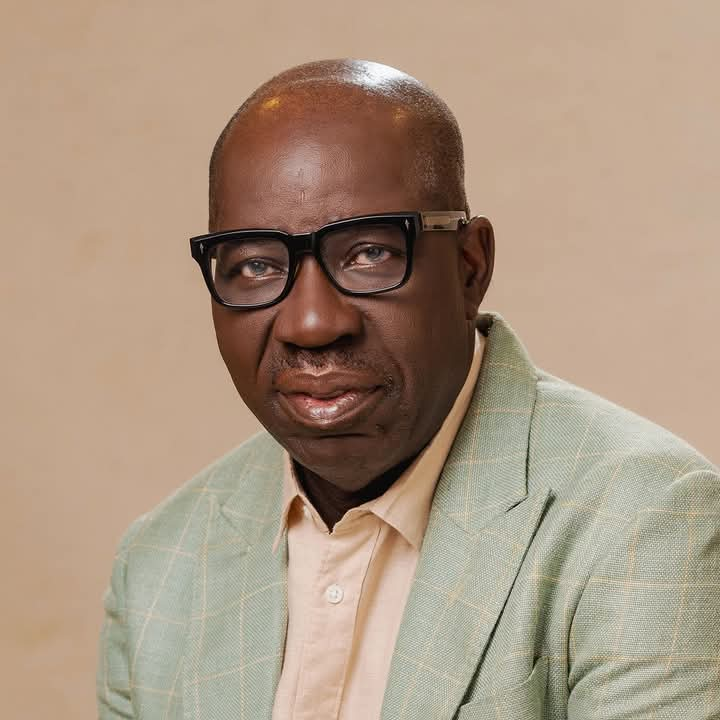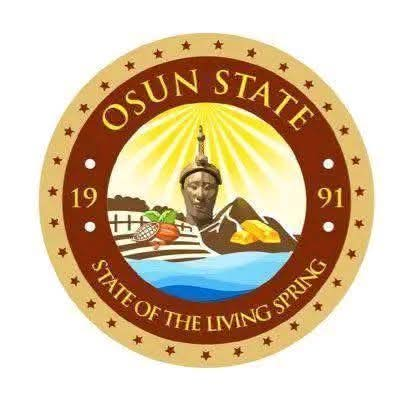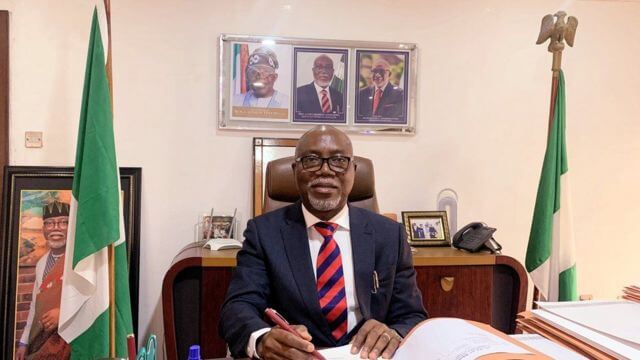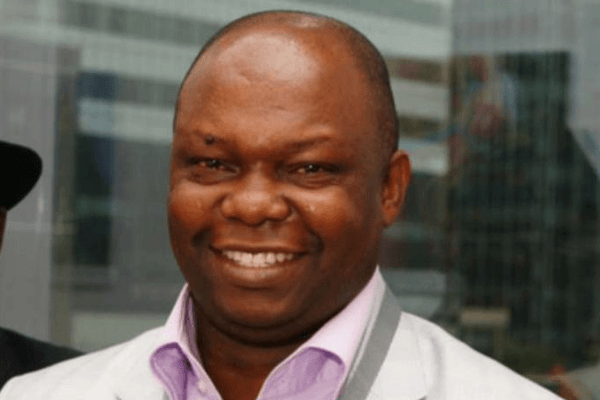Governance at the grassroots level is the most fundamental pillar of democracy. When local government councils, which are closest to the people, fail in their responsibilities, the impact is felt directly by citizens through stalled development, poor infrastructure, and diminished public trust. This is why the recent report of the Investigative Panel on Local Government Finances in Edo State is not just another document; it is a call to action.
The decision to set up the Investigative Panel was not arbitrary; it was necessitated by growing concerns over financial mismanagement across the 18 Local Government Councils. The alarming lack of visible developmental projects, despite substantial allocations, raised critical questions that demanded answers. It was in response to these concerns that the government, committed to transparency and accountability, constituted the panel to conduct a thorough investigation into the financial activities of the councils.
With a mandate to examine revenue inflows, expenditure patterns, and the overall financial integrity of the councils, the panel embarked on a meticulous process, employing forensic analysis, document reviews, and interviews with key stakeholders. Although some challenges were encountered, including late and incomplete financial records, the panel was still able to piece together a revealing and deeply troubling picture.
The panel’s findings are damning. Over ₦95 billion accrued to the councils between September 4, 2023, and the present, yet very few meaningful projects were executed. Instead, the panel uncovered widespread financial recklessness, including:
1. Diversion of Public Funds – The sum of ₦10.4 billion was funneled into an ALGON (Association of Local Governments of Nigeria) account under the guise of “Security, Trainings.” This account, rather than serving the public, became a conduit for siphoning government resources, with funds being transferred to private individuals and companies.
2. Dubious Transactions Through Private Entities – The report identified corporate beneficiaries such as Rokuosa Enterprise (₦3.4 billion), Demarriots Hotels Limited (₦1.07 billion)—a hotel owned by the impeached Orhionmwon Local Government Chairman—and Kezmith Global Ventures (₦2.01 billion). These funds, meant for local government development, were instead funneled into private hands.
3. Unjustifiable Withdrawals from Local Government Accounts – The report details over ₦5.1 billion in suspicious withdrawals across various councils, with notable individuals pocketing significant sums. For instance, Ahonsi Ogieegbaen Osifo withdrew over ₦556 million across multiple councils, while others, like Eric Agbonmwanre (₦394 million) and Abraham Burma (₦337 million), also benefited from this financial hemorrhage.
4. Obstruction of Investigations – The panel also faced deliberate attempts to hinder its work, with council personnel failing to provide timely records and later attempting to influence the process through unethical means.
The revelations in this report are not just numbers on paper—they represent stolen opportunities for development, broken trust in leadership, and a blatant disregard for the welfare of the people. To allow these findings to be swept under the carpet would be a gross injustice to the citizens who depend on local governments for basic amenities and services.
Governor Monday Okpebholo-led administration will take decisive action.
1. Full Implementation of Sanctions – Those implicated in financial mismanagement will face legal consequences. Public officials should be held to account, and no political cover will be provided to shield the guilty.
2. Recovery of Stolen Funds – Every kobo illegally taken from the public treasury will be traced and recovered. The government will work with financial institutions, the EFCC, and other anti-corruption agencies to retrieve misappropriated funds.
3. Strengthening Financial Oversight – This report has exposed weaknesses in the system that is being urgently addressed by the Okpebholo administration. There will be stricter monitoring of local government accounts, mandatory public disclosures of budgets and expenditures, and independent auditing mechanisms to prevent future abuses.
4. Prosecution and Deterrence – It is not enough to simply remove corrupt officials; they must face legal consequences. Governor Okpebholo is sending a strong message that corruption at the grassroots level will no longer be tolerated.
This investigative report will not gather dust in government archives. It will serve as a turning point for local governance in Edo State. The government has taken a bold step by uncovering these irregularities, but it will further show its commitment to accountability in its resolve to act on these findings. Implementing the recommendations to the letter is not just an administrative necessity by the Okpebholo administration —it is a moral obligation to the people, and Governor Okpebholo is ready to act fast.
The grassroots deserve better. The people deserve accountability. For Godwin Obaseki, PDP public funds looters and impeached local government chairmen, their sun will set at noon.
*Fred Itua is the Chief Press Secretary to Edo State Governor.





